Imagine coming home after a long, chaotic day—your nerves are frayed, and all you want is a bit of peace. Now picture your cat, waiting for you, picking up on every shift in your mood. Cats have an uncanny ability to sense the emotional weather inside a home, and it shapes how they act, how they feel, and even how they love. The truth is, emotional consistency isn’t just a “nice to have” for your feline friend—it’s the secret sauce that helps them flourish. If you’ve ever wondered why your cat acts out when your routine is off, or why they seem to blossom when life is steady, you’re about to discover just how deeply emotional stability matters to them.
Cats Crave Predictability

For cats, predictability is like a warm blanket on a cold night; it soothes their instincts and keeps anxiety at bay. When a home has emotional consistency—meaning the moods and routines of its people are stable—cats feel safe. They know what to expect, and that’s a big deal for creatures who like control. A predictable environment helps them map out their day, whether it’s snoozing in their favorite sunbeam or waiting for their next meal. When the emotional climate is steady, cats are less likely to develop stress-related behaviors like hiding, aggression, or over-grooming. In a world that can be unpredictable, a consistent home is their sanctuary.
Stress Reduction for Sensitive Souls
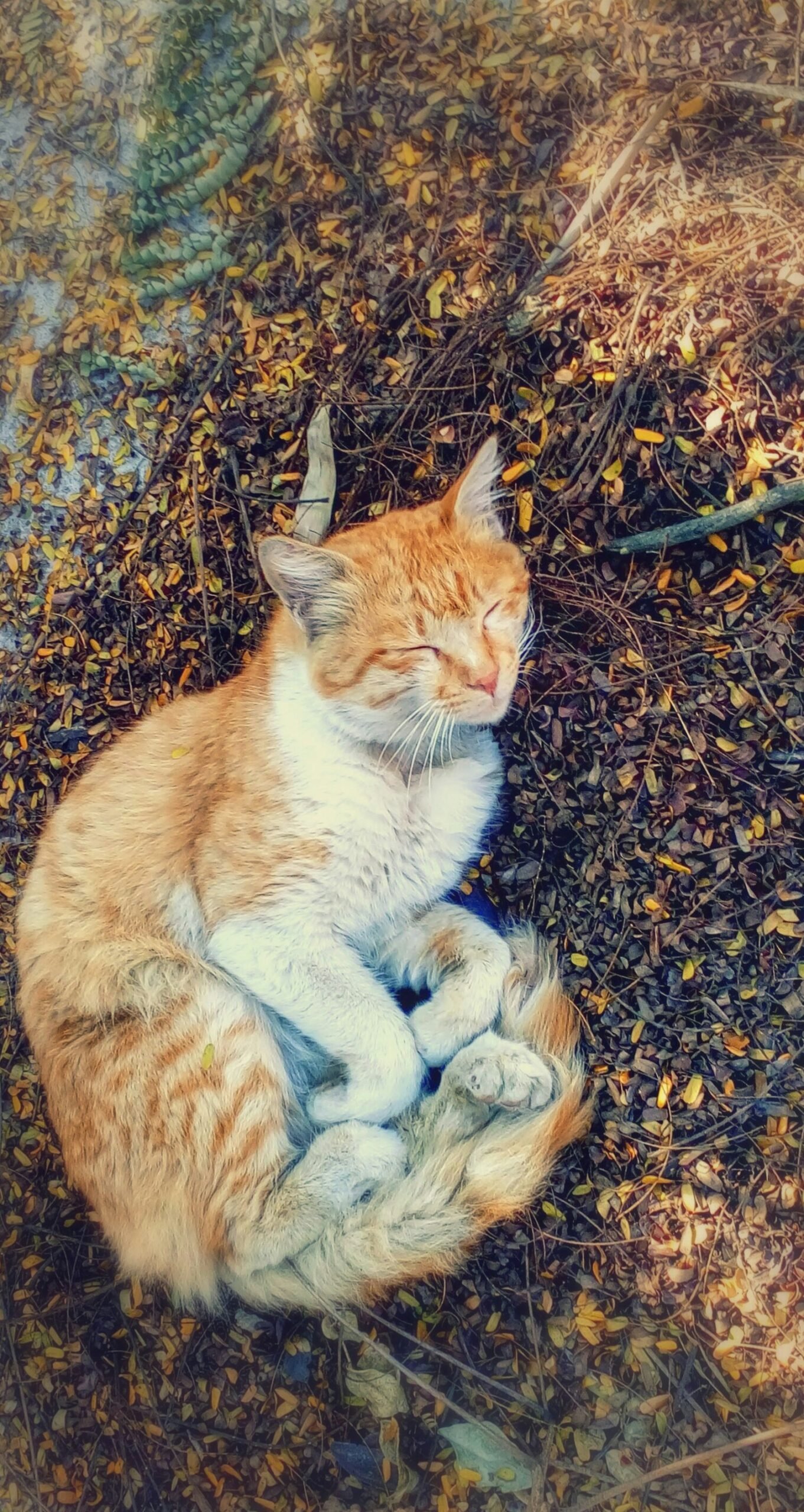
Cats are masters at picking up emotional cues. Sudden changes, loud arguments, or unpredictable emotions can send them running for cover. When a home’s emotional temperature is steady, cats aren’t left guessing. They can relax, knowing there won’t be any surprise storms. Chronic stress in cats can lead to physical health problems, like urinary tract issues or digestive troubles. But in a calm, consistent environment, their stress levels drop, making them healthier and happier. A peaceful atmosphere is like a gentle lullaby for their sensitive hearts.
Routine Reinforces Security

Cats adore routine, and emotional consistency is the glue that holds those routines together. When your mood and actions are predictable, your cat can anticipate what comes next. Whether it’s feeding time, playtime, or bedtime, sticking to a familiar sequence makes your cat feel grounded. If routines are broken by erratic emotions, cats can become confused or insecure. That’s why even small changes—like a sudden burst of energy or an unexpected outburst—can throw them off. Consistency in your emotions helps keep their world spinning in the right direction.
Trust Builds Faster in Steady Homes

Trust is the currency of any close relationship, and cats aren’t quick to spend it. When you’re emotionally consistent, you show your cat that you’re reliable. This helps them lower their guard and form a deeper bond with you. If your moods swing wildly from day to day, cats may become wary or distant. On the other hand, if you greet them with the same gentle affection each day, their trust grows. Over time, this trust blossoms into comfort and affection, making your bond unbreakable.
Improved Socialization with People and Pets
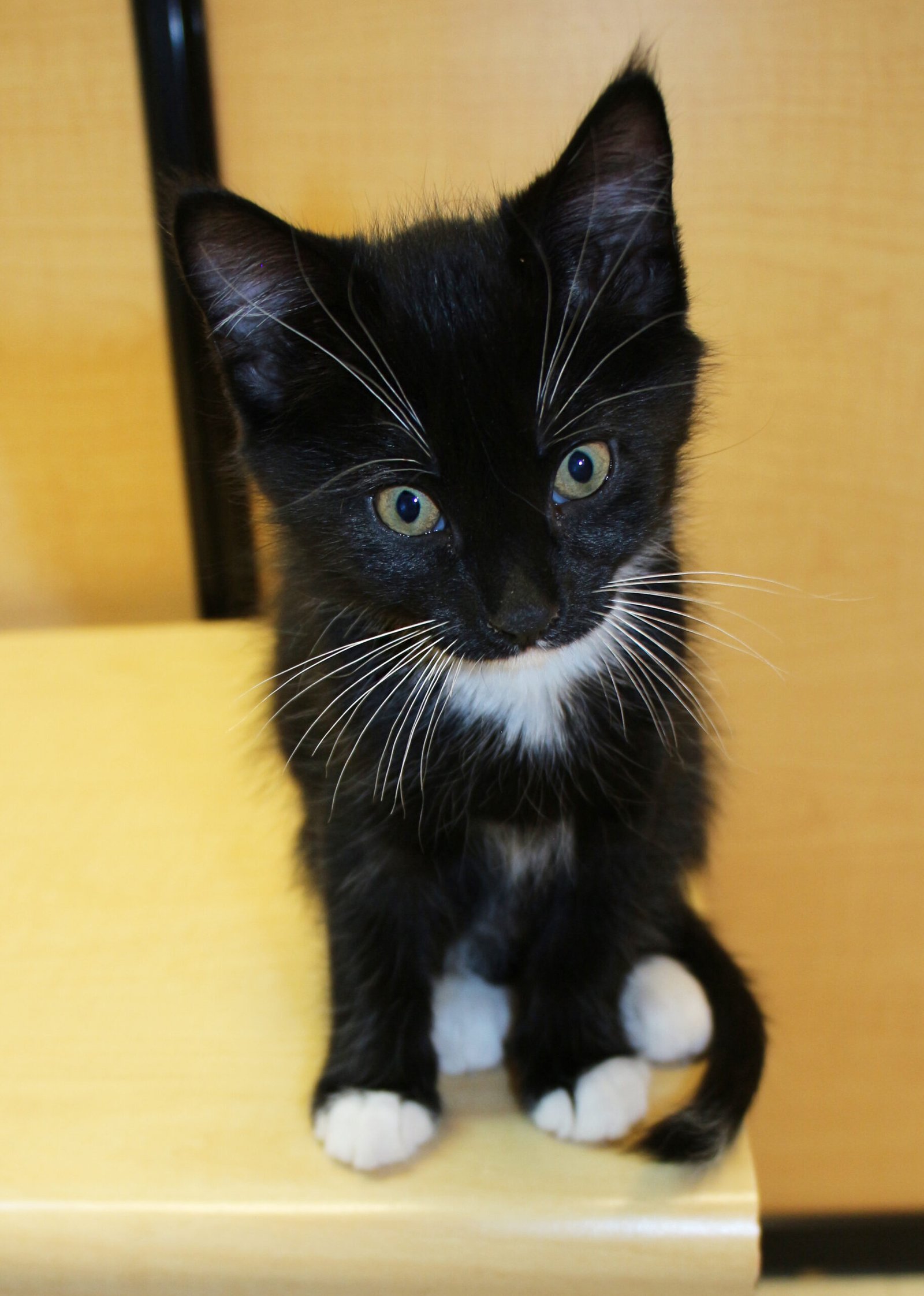
Cats living in emotionally consistent homes are more likely to get along with humans and other animals. When they feel safe and know what to expect, they’re more open to socializing. They’ll be curious instead of cautious, playful instead of withdrawn. This emotional security also helps them adapt better to new people or pets entering the home. They see that the emotional climate remains steady, even when circumstances change. Socialization becomes a positive experience rather than a source of anxiety.
Healthier Eating Habits
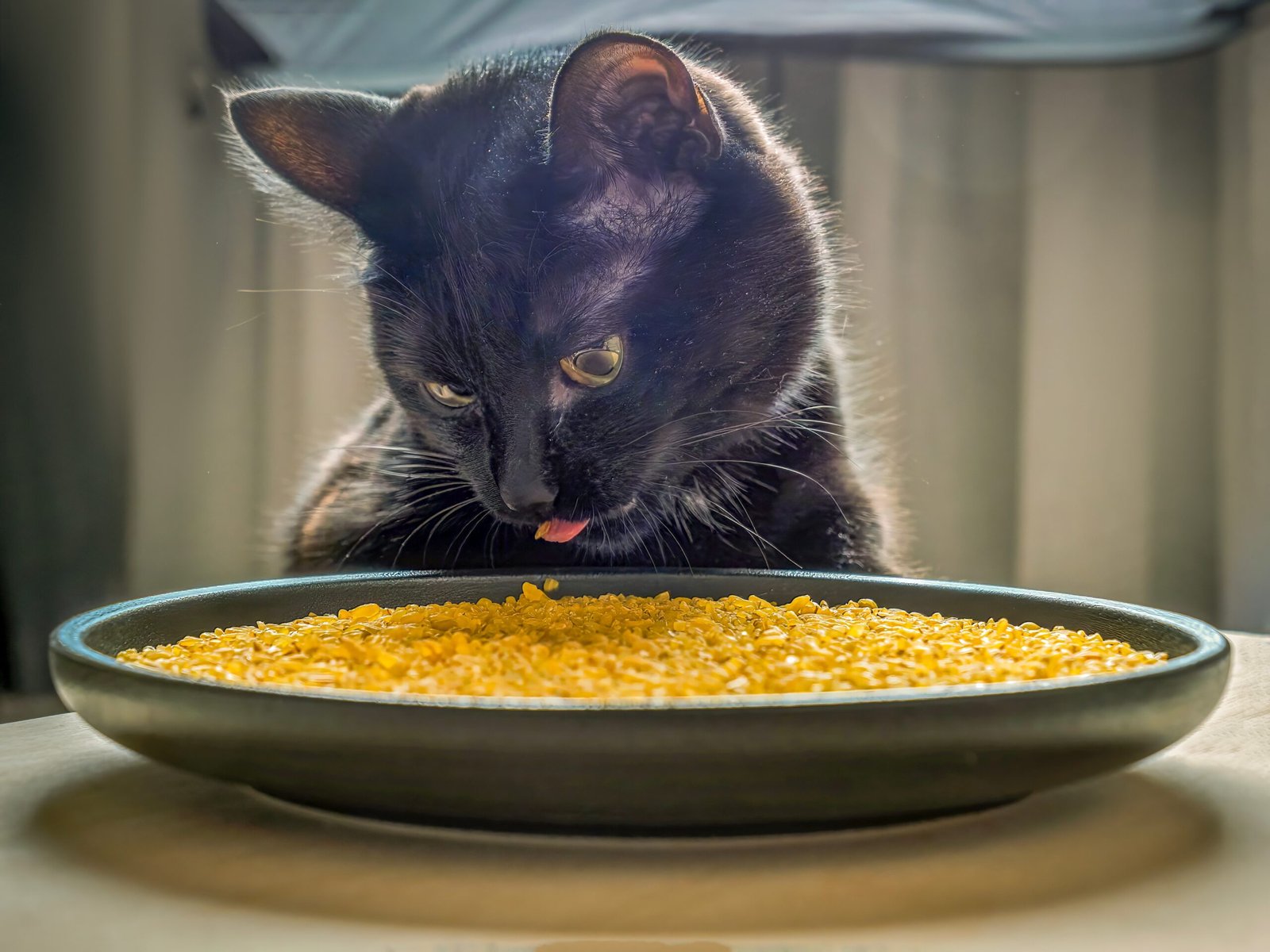
Emotional consistency doesn’t just affect a cat’s mood—it shapes their appetite too. Cats under stress often lose interest in food or, conversely, overeat as a coping mechanism. When life at home is calm and predictable, cats are more likely to eat regular meals and maintain a healthy weight. They know when to expect food and feel secure enough to eat without worry. This consistency supports their digestive health and keeps them energized for play and exploration.
Decreased Behavioral Problems

Ever wonder why some cats scratch furniture, bite, or have accidents outside the litter box? Often, these behaviors are cries for help rooted in emotional upheaval. A home filled with unpredictable emotions can leave a cat feeling out of control, leading to unwanted actions. When emotions are steady, cats feel more secure and less likely to act out. They know their boundaries and are more comfortable following house rules. It’s amazing how many behavioral challenges melt away when the emotional waters are calm.
Better Sleep for Everyone

Cats, just like humans, thrive on good sleep. Emotional turmoil in a household can disrupt a cat’s rest, making them jumpy or irritable. A peaceful, consistent environment encourages deeper, more restful sleep. When cats are well-rested, they’re less prone to stress and more likely to be affectionate. Plus, when your cat sleeps well, you probably will too—no more midnight zoomies or restless pacing. Everyone benefits from a home that feels safe and calm.
More Playful and Engaged Cats
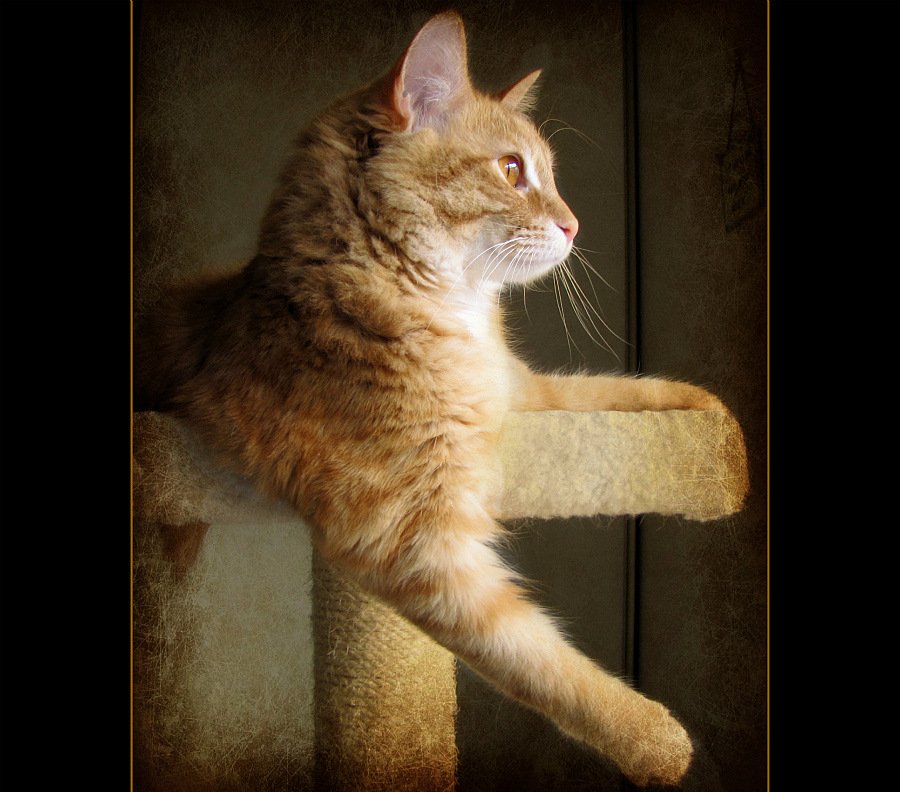
A relaxed, emotionally consistent home brings out the playful side in cats. When they’re not worried about unpredictable moods or sudden outbursts, they have more mental space for fun. You might notice your cat chasing toys with extra enthusiasm or inventing new games. Play is crucial for a cat’s mental and physical health, and it flourishes in a steady environment. It’s like giving your cat permission to let loose and enjoy life, without fear or hesitation.
Stronger Human-Cat Communication
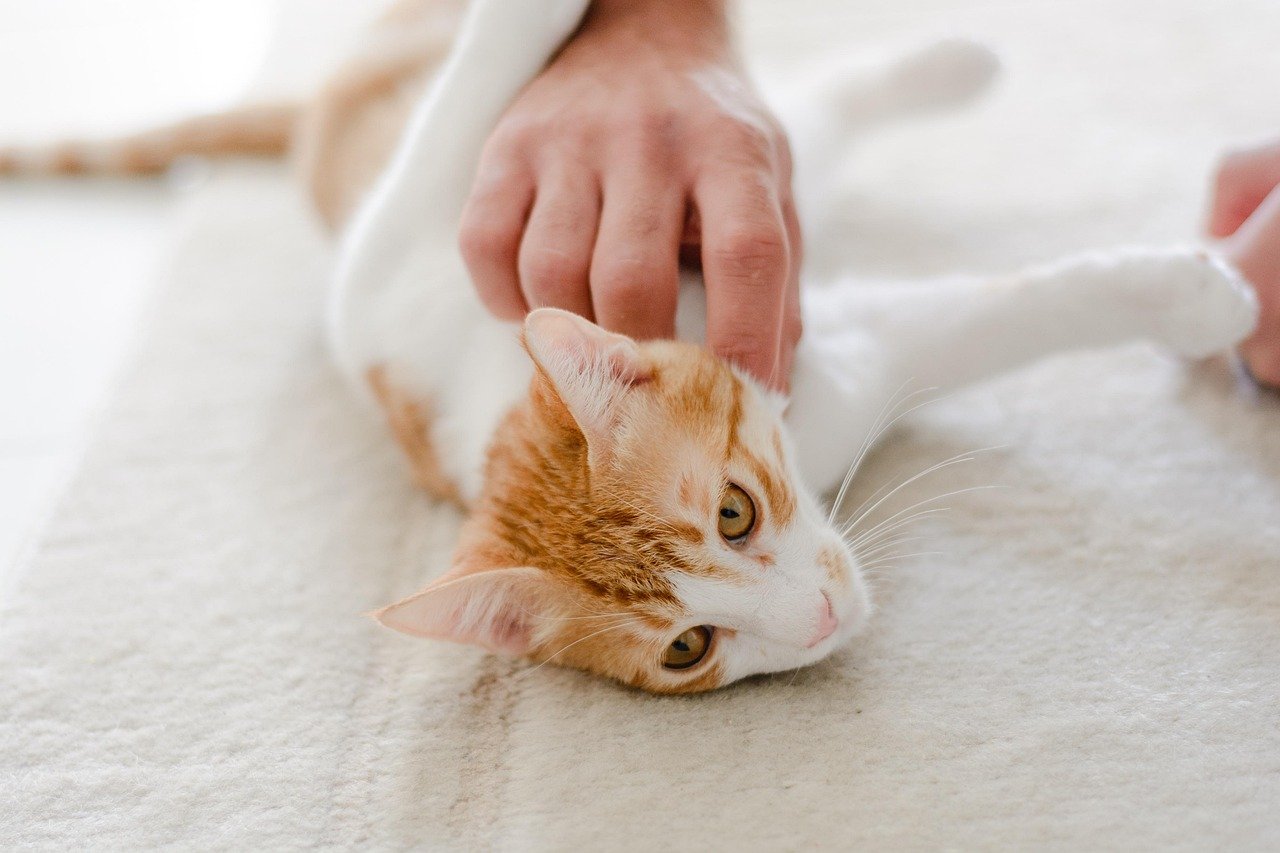
Cats may not speak our language, but they’re experts at reading our emotions. When your emotional signals are clear and consistent, it’s easier for your cat to understand you. They learn what your different tones and gestures mean, which helps them respond appropriately. If your emotions are all over the place, communication can break down, leading to confusion or frustration on both sides. Emotional consistency is like speaking in a language your cat can trust and respond to.
Confidence Grows in Calm Spaces

A cat’s confidence is built on a foundation of safety and predictability. When the emotional environment is steady, cats feel empowered to explore, try new things, and express themselves. They’re less likely to hide or retreat when something unfamiliar happens. Over time, this confidence spills over into all parts of their life, making them more resilient and adaptable. A confident cat is a joy to watch—playful, curious, and full of life.
Cats Learn Faster with Consistent Emotions
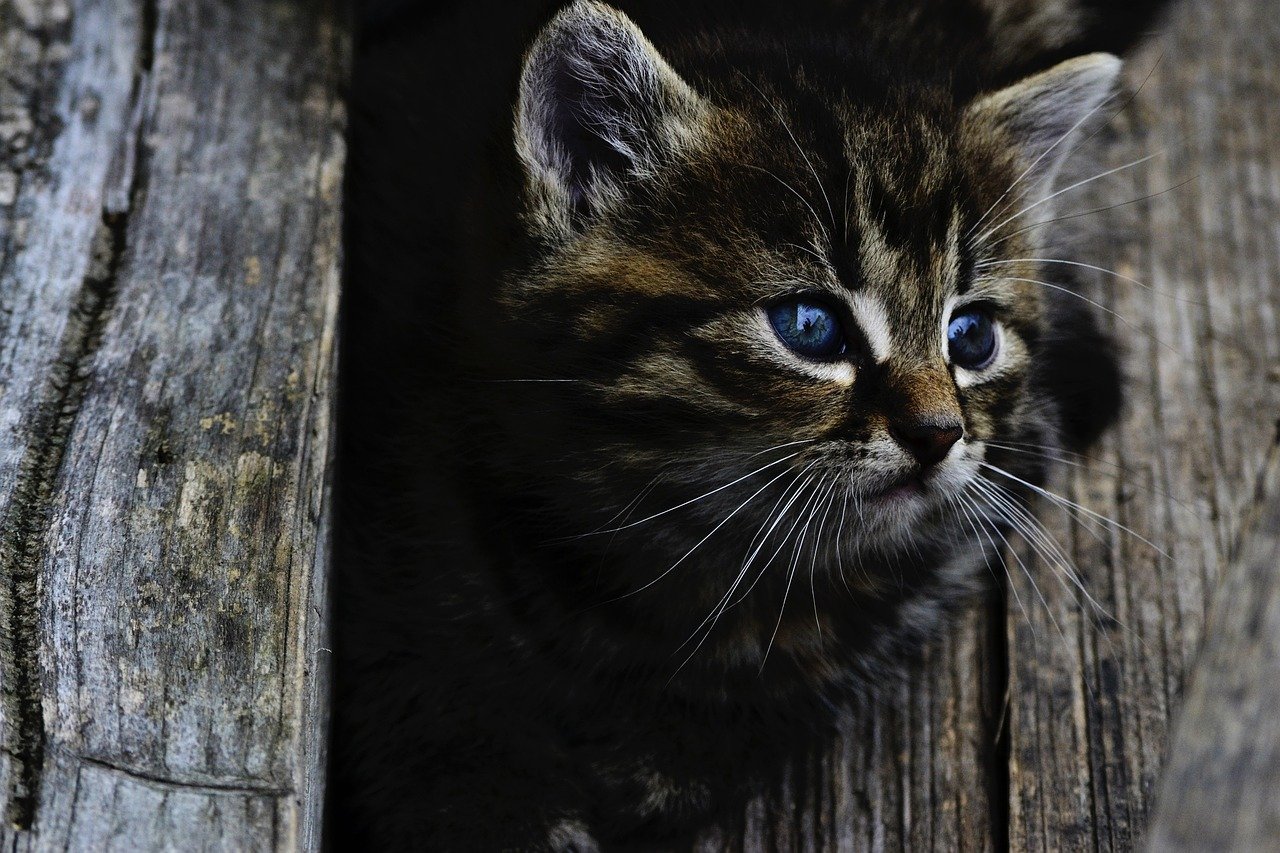
Teaching a cat new tricks or behaviors is much easier in a calm, stable environment. Emotional consistency helps cats focus and learn, because they’re not distracted by anxiety or confusion. Whether you’re training them to come when called or use a scratching post, a steady mood helps reinforce positive behaviors. Cats are quick learners when they feel safe, and consistency in your emotions is the secret ingredient for successful training.
Reduces Aggression and Fear Responses

Unpredictable emotions can make cats feel threatened, triggering defensive behaviors like hissing, scratching, or running away. In homes where emotions are steady and gentle, cats are less likely to react with aggression or fear. They learn that their environment isn’t a source of danger, allowing them to let their guard down. Over time, this reduces the frequency and intensity of negative behaviors, making life more peaceful for everyone.
Supports Multi-Cat Harmony

If you have more than one cat, emotional consistency is even more important. Cats are sensitive to each other’s moods, and a tense or unpredictable environment can spark turf wars. When the emotional tone in your home stays steady, it helps keep the peace. Cats are more likely to tolerate each other, share spaces, and even develop close bonds. Harmony is possible when everyone feels secure and the emotional landscape is calm.
Reduces Risk of Stress-Related Illness

Stress is a silent enemy for cats, often leading to health issues like cystitis or digestive upset. Emotional consistency acts as a shield, protecting your cat from the harmful effects of chronic stress. A stable home environment supports their immune system and helps them recover from illness more quickly. Just like humans, cats are at their best when their minds are at ease. Keeping your emotions steady is one of the simplest ways to safeguard their health.
Encourages Exploratory Behavior
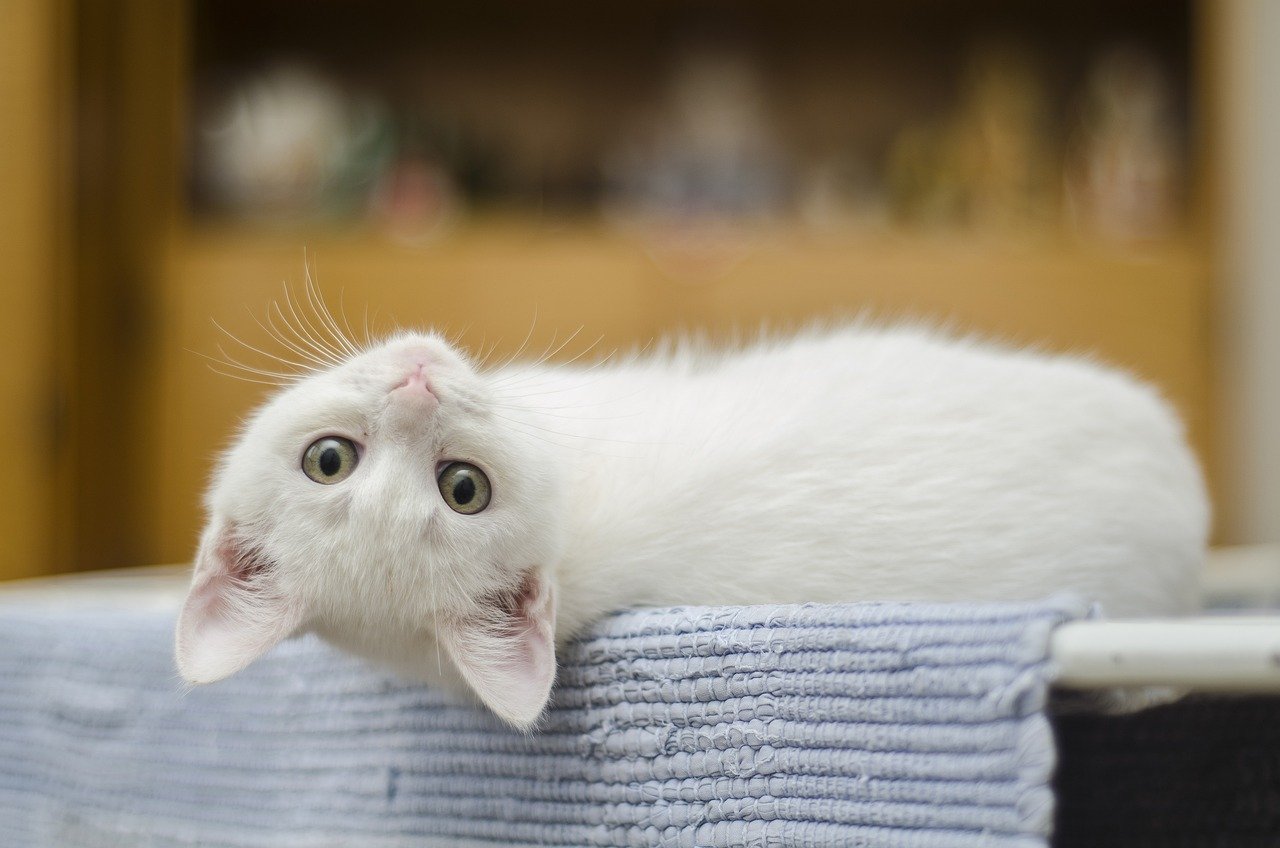
Curiosity may have killed the cat, but emotional consistency brings it back to life! When cats feel secure, their natural curiosity shines. They’re more likely to explore new rooms, investigate strange objects, or watch the world from the window. This exploratory behavior is vital for their mental stimulation and happiness. A calm, predictable home gives them the freedom to satisfy their curiosity without fear.
Promotes Positive Emotional Mirroring

Cats often mirror the emotions of their humans. If you’re calm and consistent, your cat will reflect that energy. On tough days, your tranquility can help soothe your cat’s nerves, creating a cycle of comfort and reassurance. This emotional mirroring strengthens your bond, making your home a haven for both of you. It’s a gentle reminder that the way we feel has a ripple effect on the creatures we love.
Helps with Adjustment to Life Changes

Life throws curveballs—moving homes, new family members, or even a change in work schedule. Emotional consistency helps cats weather these changes with less anxiety. When their human’s emotional tone remains steady, cats feel reassured, even when everything else is different. They may still need time to adjust, but a stable emotional anchor makes the transition much smoother. It’s like giving your cat an emotional “safe harbor” during storms.
Improved Litter Box Habits
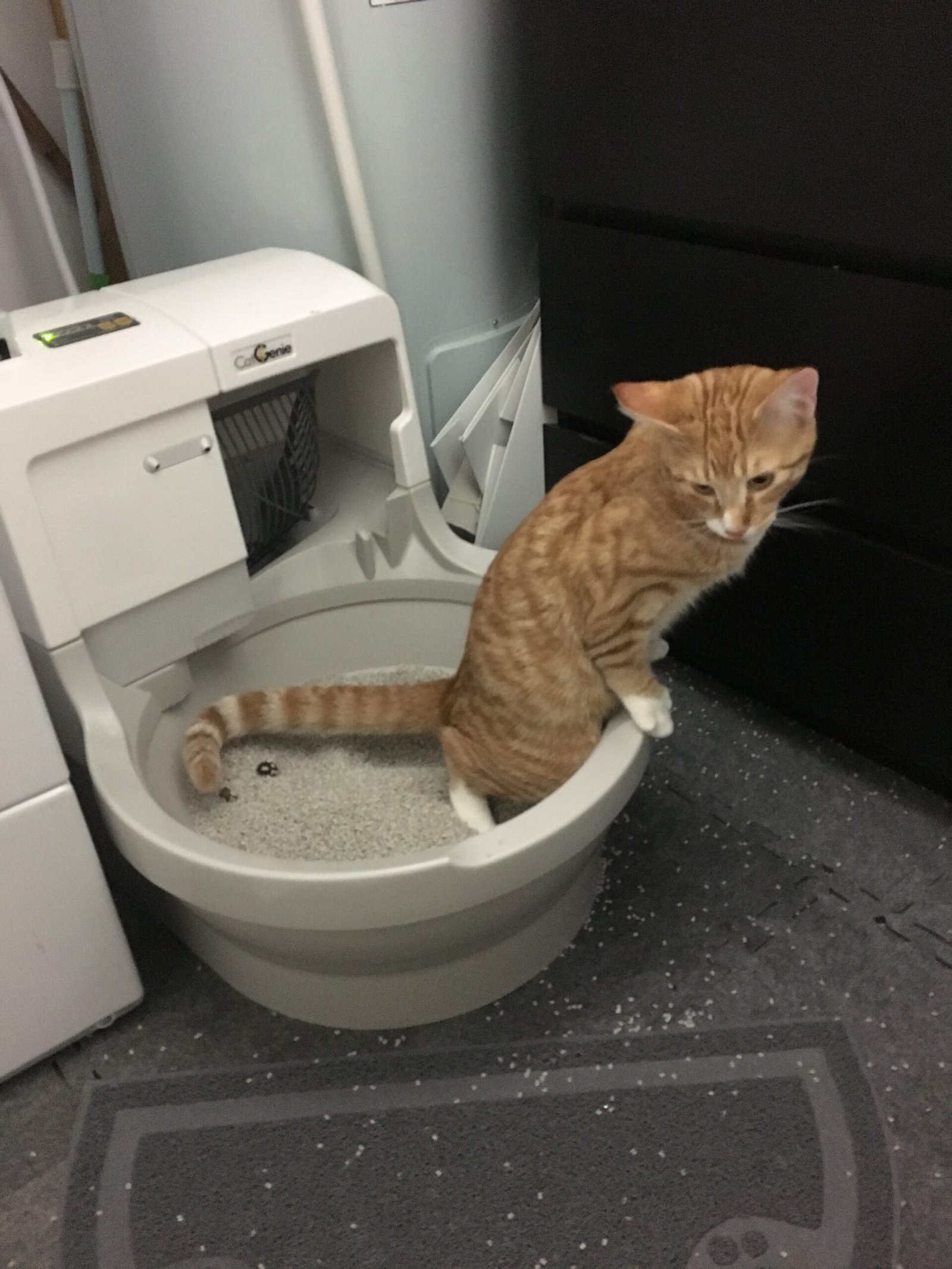
Emotional turmoil can wreak havoc on a cat’s bathroom habits. Some cats stop using their litter box when they feel anxious or insecure. A calm, emotionally consistent home helps reinforce good litter box behavior. Cats are creatures of habit, and when their environment is stable, they’re more likely to stick to their routines. This means fewer accidents and a happier, cleaner home for all.
Greater Joy in Everyday Moments

When a home is emotionally consistent, ordinary moments become extraordinary. Your cat may seek out more cuddles, greet you at the door, or curl up beside you just because they feel safe. The joy they express is contagious, filling your home with warmth and laughter. These simple, happy moments are the true reward of creating a steady emotional environment—little reminders that you’re doing something right for your feline friend.
Unleashing the Full Potential of the Human-Cat Bond

When emotional consistency reigns, the relationship between cat and human can reach its highest potential. The trust, affection, and mutual understanding that grow in this environment are unlike anything else. Cats that feel emotionally secure become more loving, expressive, and loyal. It’s a partnership built on trust and predictability, where both sides are free to be themselves. In a world that’s often unpredictable, this unbreakable bond is truly priceless.
Hi, I’m Bola, a passionate writer and creative strategist with a knack for crafting compelling content that educates, inspires, and connects. Over the years, I’ve honed my skills across various writing fields, including content creation, copywriting, online course development, and video scriptwriting.
When I’m not at my desk, you’ll find me exploring new ideas, reading books, or brainstorming creative ways to solve challenges. I believe that words have the power to transform, and I’m here to help you leverage that power for success.
Thanks for stopping by, Keep coming to this website to checkout new articles form me. You’d always love it!






